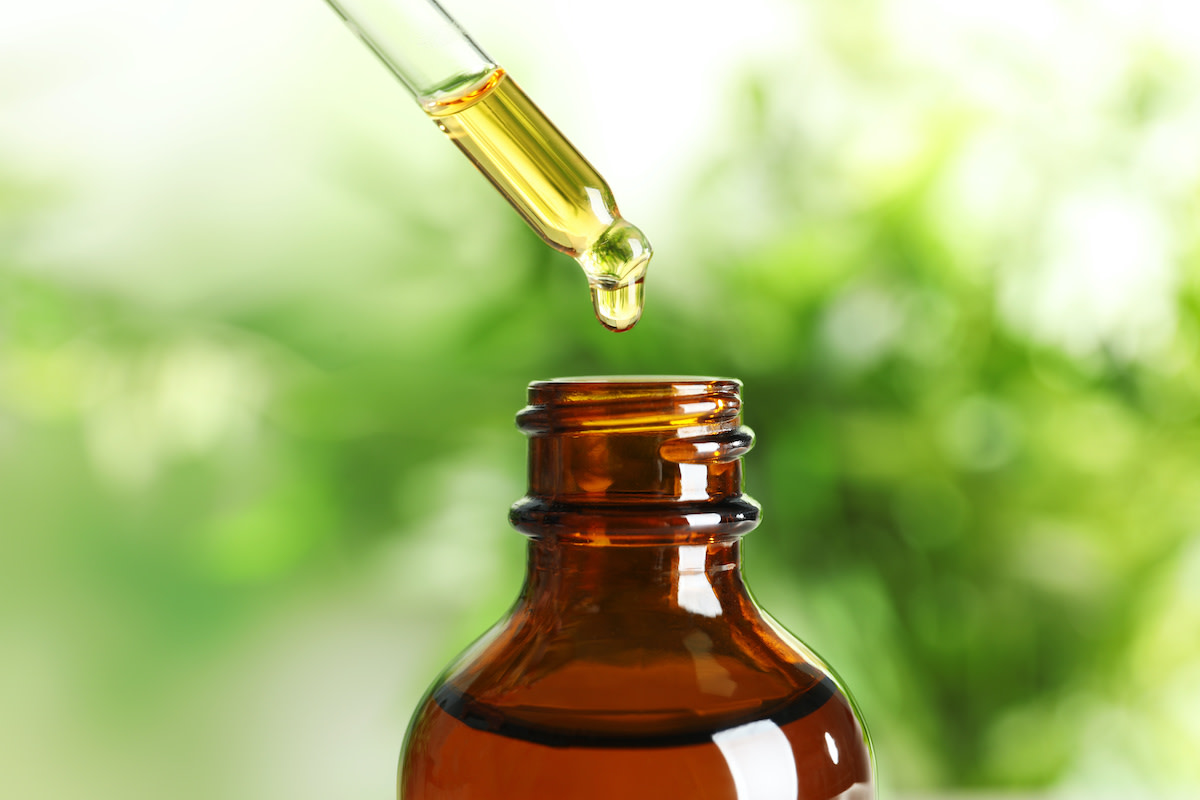Tea Tree Oil Guide: 5 Uses for Tea Tree Oil in Skincare
Written by MasterClass
Last updated: Jul 15, 2021 • 3 min read
Tea tree oil can help eliminate fungi and bacteria, such as those that cause odors, so it’s a popular ingredient in products for your face and body.
Learn From the Best
What Is Tea Tree Oil?
Also known as melaleuca oil, tea tree oil is an essential oil used in skincare and healthcare, as well as home remedies due to its reported medicinal properties. The oil is distilled from the leaves of the Australian Melaleuca alternifolia plant.
Tea Tree Oil in Skincare
Because of its antibacterial, antimicrobial, and anti-inflammatory properties, tea tree oil is an ingredient in a number of beauty products, ranging from lotions to shampoo. Here are more products in which you can commonly find tea tree oil:
- Cleanser: Tea tree oil is a common ingredient in face wash, especially those formulated for oily skin or acne-prone skin, because of its antimicrobial properties. The essential oil is also thought to soothe skin inflammation.
- Deodorant: Tea tree essential oil is believed to control the bacteria that causes body odor, so it can be found in many natural deodorants.
- Lotion: There is some evidence that skin tree oil improved skin conditions, such as eczema and psoriasis, through the regular topical application of tea tree oil. You can find it as an ingredient in some medicated skin creams, or you can make your own cream by adding a few drops of tea tree oil to a hand or skin lotion.
- Shampoo: Some types of dandruff (an abundance of dead skin on the scalp) are caused by the fungus malassezia, so the antifungal properties of tea tree oil shampoo and a complementary conditioner may help mitigate dandruff if the oil is an ingredient in your shampoo. Its antibacterial properties may help eliminate other forms of dandruff, too.
5 Uses of Tea Tree Oil
Tea tree oil can be a natural remedy for minor skin conditions when you apply it topically. Here are some ways you can use tea tree oil on your skin:
- 1. To reduce acne: Tea tree oil is believed to reduce blemishes and breakouts. Studies have shown that results with tea tree oil are similar to those involving the use of the antibacterial agent benzoyl peroxide and better than those involving a placebo.
- 2. To repel insects: Research shows tea tree oil may help you avoid insect bites, including mosquitoes, when applied liberally. You can make homemade insect repellent by combining water with tea tree oil, lavender oil, peppermint oil, eucalyptus, and other essential oils in a spray bottle and misting them directly on your skin.
- 3. To soothe athlete’s foot: Also known as tinea pedis, athlete’s foot is a fungal infection that causes dryness and itchiness on your feet. Tea tree oil may improve symptoms in the affected area.
- 4. To treat minor cuts: While you shouldn’t put tea tree oil on major skin lesions or skin infections, a diluted tea tree oil is used as a treatment for superficial scrapes, since it has antiseptic and antiviral properties.
- 5. To treat nail fungus: A solution containing 50 percent tea tree oil can be applied via a dropper directly to fungus on your nails. The antifungal properties in the tea tree oil can reduce the severity of toenail fungus (onychomycosis).
Always ask your doctor for medical advice before using tea tree oil to treat skin conditions, even though the essential oil is available over the counter.
Safety Tips for Using Tea Tree Essential Oil
Using tea tree oil is relatively safe, however, there are side effects and general precautions to be aware of.
- Dilute: Don’t apply 100 percent tea tree oil directly to the skin, as the undiluted oil can cause dryness and irritation. Dilute the tea tree oil with a neutral carrier oil, such as coconut oil, jojoba oil, olive oil, or almond oil to counteract the drying effects and act as a moisturizer.
- Test: Perform a patch test on your skin before using the essential oil regularly so you have a better idea of how it might affect your skin.
- Avoid ingestion: Tea tree oil’s toxicity means you should avoid the ingestion of tea tree oil—it can be poisonous to both humans and pets. If you or a pet do swallow the oil, seek medical advice or contact poison control immediately.
- Check for symptoms: Stop using tea tree oil immediately if you notice any symptoms, such as skin irritation, severe skin dryness, skin lesions, or an allergic skin rash (contact dermatitis).
Before Starting a New Skincare Regimen
Individuals experience different levels of sensitivity to ingredients found in various skincare products. To prevent adverse reactions, consult a dermatologist before applying a new product to your skin. This article is for educational and informational purposes only, and is not a substitute for professional medical advice.
Learn More
Get the MasterClass Annual Membership for exclusive access to video lessons taught by the world’s best, including Bobbi Brown, RuPaul, Tan France, and more.
